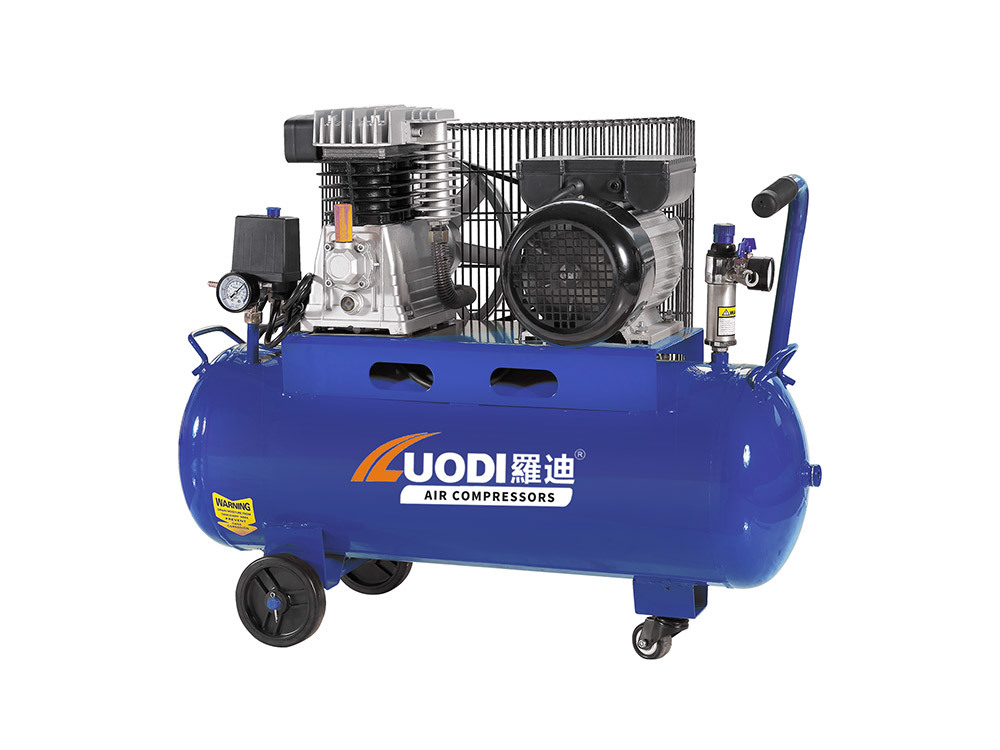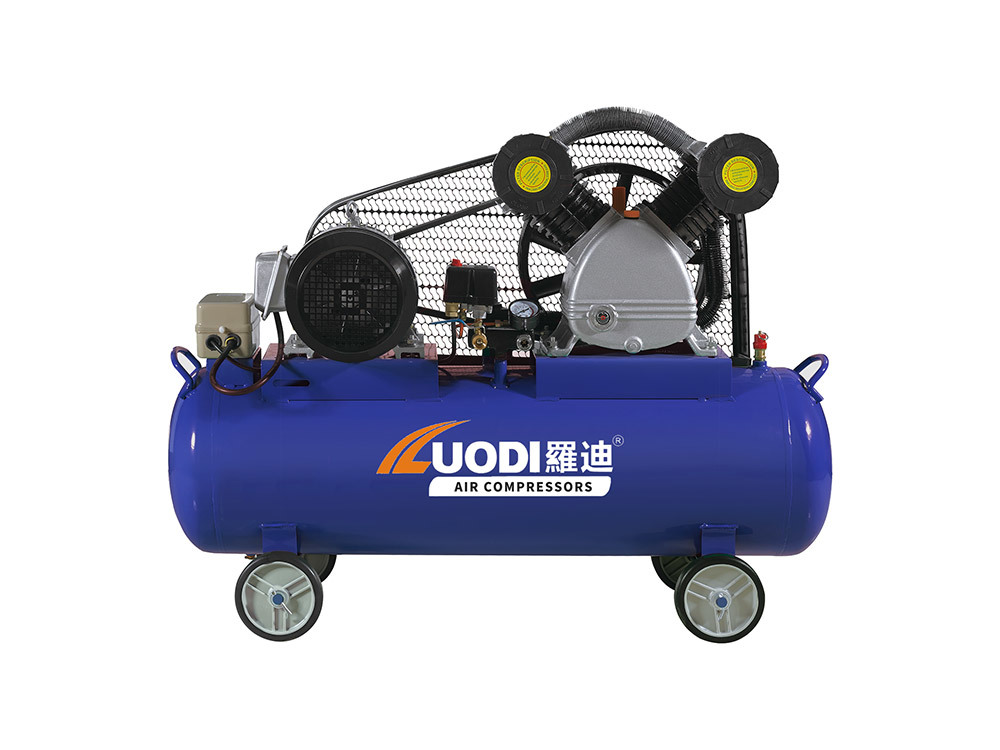16 Sep,2025
Essential Guide to Air Compressors in the Pharmaceutical Industry
When it comes to the pharmaceutical industry, the use of air compressors is pivotal in ensuring the quality and reliability of production processes. Air compressors for the pharmaceutical industry are not only used for powering equipment but also play a crucial role in maintaining the integrity of products throughout the manufacturing cycle. In pharmaceutical manufacturing, the clean and controll
When it comes to the pharmaceutical industry, the use of air compressors is pivotal in ensuring the quality and reliability of production processes. Air compressors for the pharmaceutical industry are not only used for powering equipment but also play a crucial role in maintaining the integrity of products throughout the manufacturing cycle.
In pharmaceutical manufacturing, the clean and controlled environments are paramount. Compressed air is often employed for applications such as conveying materials, powering tools, and even in certain processes where a sterile environment is necessary. Thus, the selection of air compressors must align with stringent industry regulations to ensure that the compressed air does not introduce contaminants into the production line.
One of the key aspects to consider when choosing air compressors for the pharmaceutical industry is the quality of the compressed air. It's essential to utilize compressors that can provide oil-free air, as oils or particulates can contaminate sensitive products, leading to quality issues. Multiple filtration and drying stages should be integrated into the air system to ensure compliance with standards such as ISO 8573, which outlines the purity categories for compressed air.
Moreover, the operational efficiency of air compressors directly affects the overall production capacity. In the pharmaceutical sector, it is essential to assess the compressor’s power requirements, noise levels, and energy consumption. Choosing energy-efficient models can lead to significant cost savings over time while also contributing to environmentally sustainable practices.
Regular maintenance of air compressors is another critical factor in the pharmaceutical industry. Scheduled checks and servicing help prevent breakdowns and ensure the compressors operate at optimum levels. This is particularly important in a sector where downtime can lead to significant financial losses and potential regulatory implications.
In addition to maintenance, having well-trained personnel to monitor and operate the air compressors is vital. Training staff on the nuances of compressed air systems, troubleshooting common issues, and understanding compliance requirements can help maintain high operational standards.
In summary, air compressors are a backbone technology in the pharmaceutical industry, where precision and cleanliness are non-negotiable. By choosing the right equipment, ensuring high air quality, conducting regular maintenance, and investing in staff training, pharmaceutical manufacturers can optimize their processes and uphold the highest standards of product integrity. Understanding the specific requirements and challenges of air compressors in this field is essential for any professional aiming to thrive in the pharmaceutical manufacturing landscape.
In pharmaceutical manufacturing, the clean and controlled environments are paramount. Compressed air is often employed for applications such as conveying materials, powering tools, and even in certain processes where a sterile environment is necessary. Thus, the selection of air compressors must align with stringent industry regulations to ensure that the compressed air does not introduce contaminants into the production line.
One of the key aspects to consider when choosing air compressors for the pharmaceutical industry is the quality of the compressed air. It's essential to utilize compressors that can provide oil-free air, as oils or particulates can contaminate sensitive products, leading to quality issues. Multiple filtration and drying stages should be integrated into the air system to ensure compliance with standards such as ISO 8573, which outlines the purity categories for compressed air.
Moreover, the operational efficiency of air compressors directly affects the overall production capacity. In the pharmaceutical sector, it is essential to assess the compressor’s power requirements, noise levels, and energy consumption. Choosing energy-efficient models can lead to significant cost savings over time while also contributing to environmentally sustainable practices.
Regular maintenance of air compressors is another critical factor in the pharmaceutical industry. Scheduled checks and servicing help prevent breakdowns and ensure the compressors operate at optimum levels. This is particularly important in a sector where downtime can lead to significant financial losses and potential regulatory implications.
In addition to maintenance, having well-trained personnel to monitor and operate the air compressors is vital. Training staff on the nuances of compressed air systems, troubleshooting common issues, and understanding compliance requirements can help maintain high operational standards.
In summary, air compressors are a backbone technology in the pharmaceutical industry, where precision and cleanliness are non-negotiable. By choosing the right equipment, ensuring high air quality, conducting regular maintenance, and investing in staff training, pharmaceutical manufacturers can optimize their processes and uphold the highest standards of product integrity. Understanding the specific requirements and challenges of air compressors in this field is essential for any professional aiming to thrive in the pharmaceutical manufacturing landscape.
More news








